Core Curriculum
(Maths, Literacy, Science, Computing)
Maths
Maths is a crucial life skill for all pupils and, at Two Waters, we believe children should be excited and fascinated by maths. Underpinned by our strong belief that everyone can do maths, children are taken through a carefully sequenced maths curriculum, underpinned by the Department of Education approved Power Maths Scheme and supplemented by White Rose Maths. Both these resources have a ‘mastery approach’ towards maths, using approaches such as 'concrete, pictorial, abstract' representations to make maths visible and therefore enable children to secure concepts before moving on. Scenarios presented in lessons are based on real-world applications with a strong emphasis on presenting the same concept in different ways in the knowledge that children find it much easier to visualise and grasp concepts if they see them presented in a number of ways.
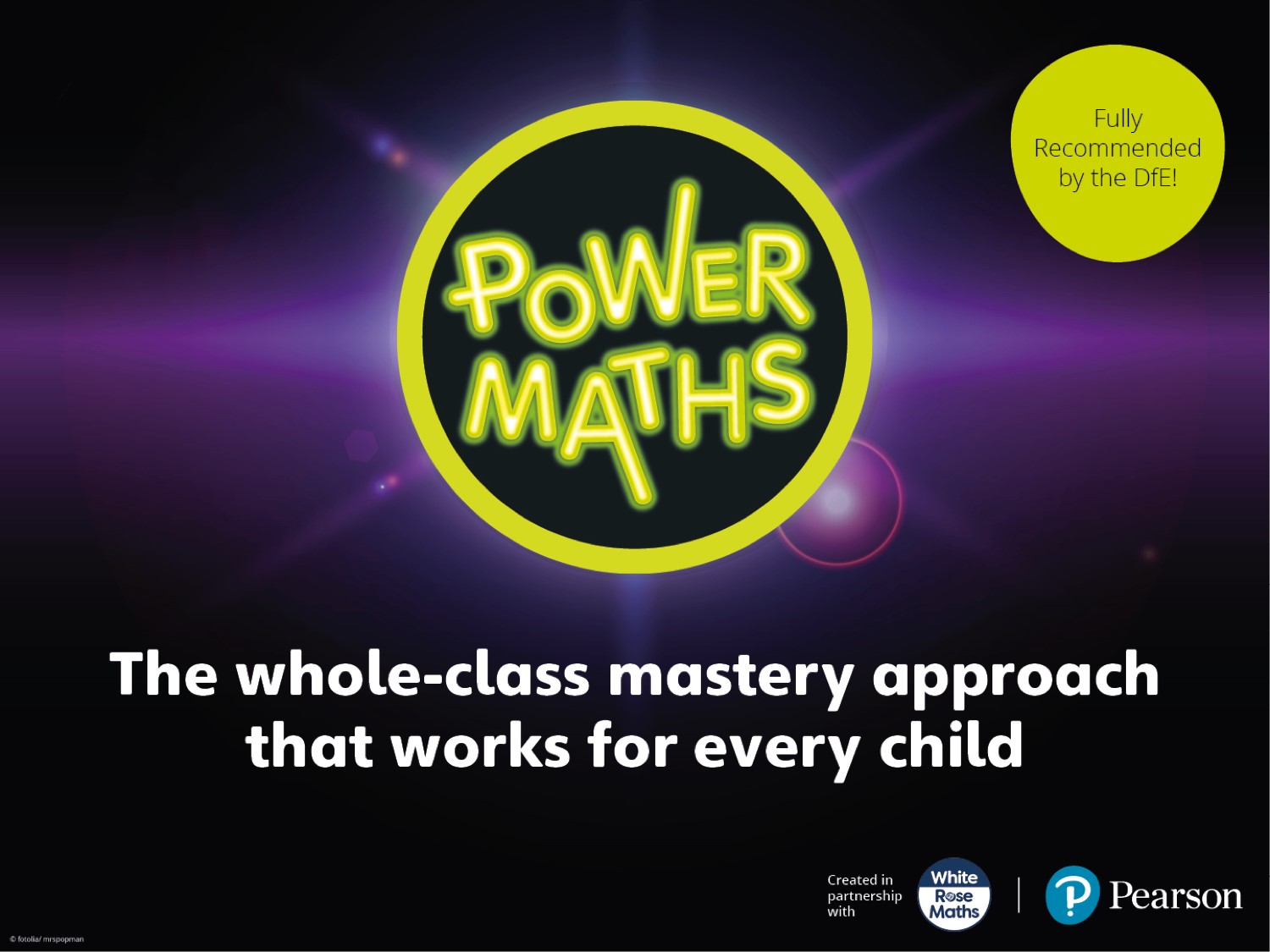
Building a healthy culture of 'maths talk', where children learn to talk purposefully together about maths, enables them to grow in confidence, skills and understanding. Ongoing assessment for learning and regular summative assessments enable teachers to clearly understand where each child is at in their learning. Regular interventions help children to consolidate areas they are finding more challenging and teachers use additional 'going deeper' activities in each lesson to further challenge children who have securely grasped a concept.
Discrete 'fluency focus' lessons are taught from Year 2 to Year 6 which promote quick and efficient recall of facts and procedures. The NCETM's 'Mastering Number' project is embedded within EYFS and KS1, to develop good number sense for all children. The aim over time is that children will leave KS1 with fluency in calculation and a confidence and flexibility with number. For the academic year 2024-2025, Two Waters is implementing the ‘Mastering Number at KS2’ programme, helping children in Years 4 and 5 to develop fluency in multiplication and division facts, as well as a confidence and flexibility with number at exemplifies good number sense.
Literacy
Literacy is taught daily and our plans are based on the writing units from ‘Essential Writing’ from Herts for Learning, which incorporates the writing, spelling, grammar and oracy objectives laid out in the National Curriculum. Grammar is woven into the lesson sequences but is also taught as a discrete ‘Write Right’ starter activity in Key Stage 2 for each lesson, which teaches grammar fluency, sentence structure and handwriting appropriate to each cohort.
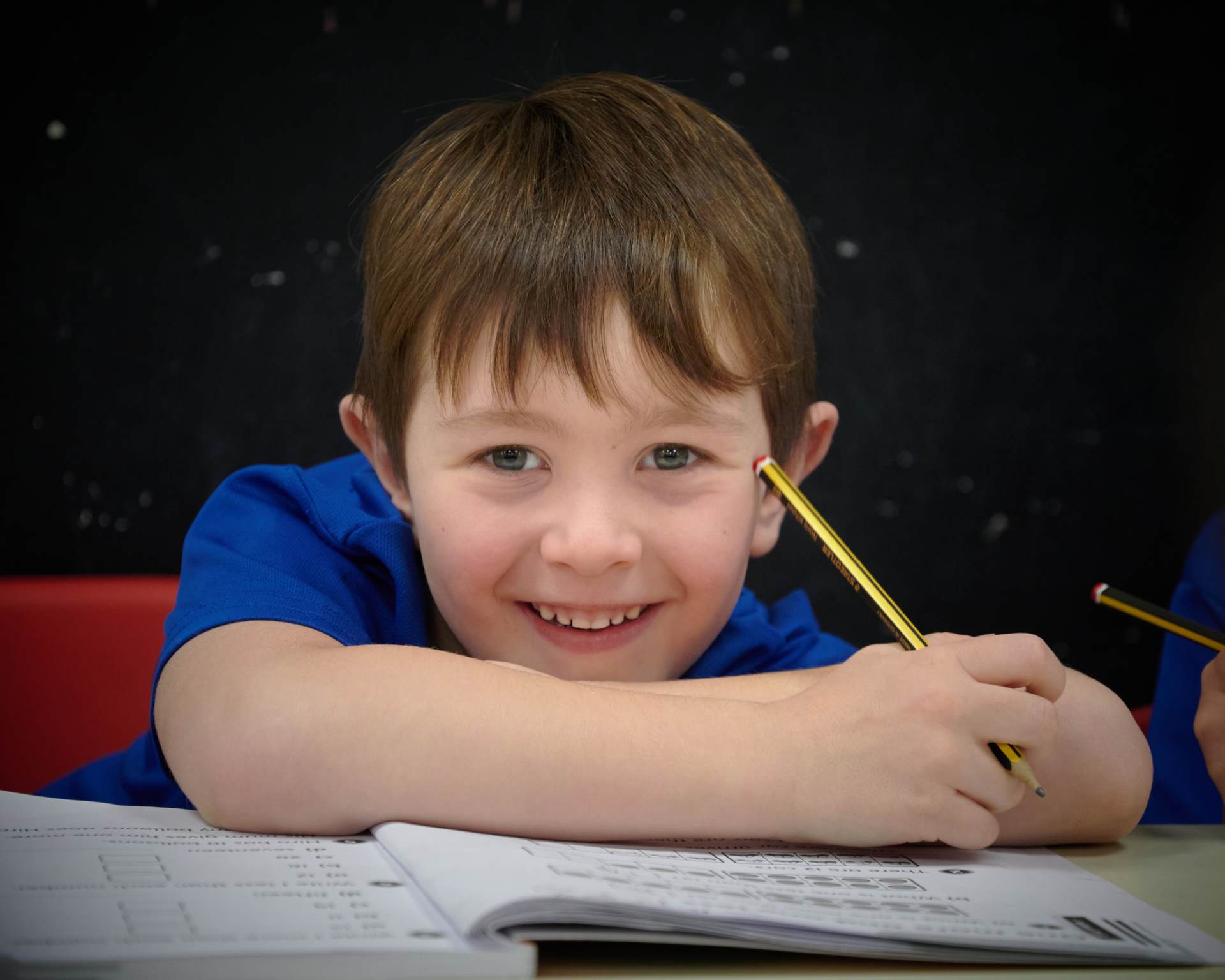
Opportunities to explore high quality texts and rehearse ideas for writing are provided throughout learning sequences in the form of performing the text, discussions, debates and role play. Children are taught the skills of planning, drafting, editing and proof reading their writing. Our Literacy curriculum gives opportunities for pupils to explore features of a variety of genres and to write with appropriate voice and formality. At the end of each unit, pupils produce extended pieces of writing based around the text or the learning from it. Teachers assess pupils’ understanding and use of the written genre and style of language. Each half term, pupils will be given feedback and a target in the form of “Two Stars and a Wish” for their next piece of writing. We aim to ensure the texts we explore with pupils are inclusive and diverse in character, theme and setting.
In KS1, we follow the ‘Essential Letters and Sounds’ Spelling scheme for Year 2, which builds on EYFS and Year 1 phonics learning. In KS2 the ‘Spelling Shed’ scheme of work is used. Children are taught spelling rules in discreet spelling lessons. Spellings are sent home weekly to learn, based on the spelling rule and these also incorporate the statutory spellings for that year group and key vocabulary from our foundation subjects. Spellings are assessed weekly using tests, dictation and continued monitoring of their use in the child’s writing.
Early Reading and Phonics
Two Waters delivers phonics learning through Essential Letters and Sounds phonics scheme in EYFS and Year 1 (from Year 2 upwards, phonics interventions are delivered depending on children’s individual needs).
A whole class approach is used and children’s phonics levels are assessed regularly and closely matched with their decodable reading book to ensure a carefully planned progression of phonological knowledge. Books taken home to practice reading are supplemented with a book for reading enjoyment. This is intended for sharing with an adult at home to foster a love of reading in our youngest children.
In addition, daily whole class ‘reading practice’ sessions are held, alongside small group guided reading sessions to enable a focus on fluency and comprehension.
Reading
At Two Waters, we want all children to become engaged with reading from the beginning of their school career. We recognise that becoming a fluent, confident reader will make the biggest difference to their future success. To develop our pupils’ attitude towards reading, we aim to have a diverse range of inspiring, high quality texts embedded in our curriculum.
Once children have progressed through the phonics scheme (see above), focus falls on developing fluency and comprehension as they move through the school. Reading Practice is taught in all year groups daily. A variety of rich texts are selected and taught as a whole class and books are carefully selected for pitch, themes and quality.
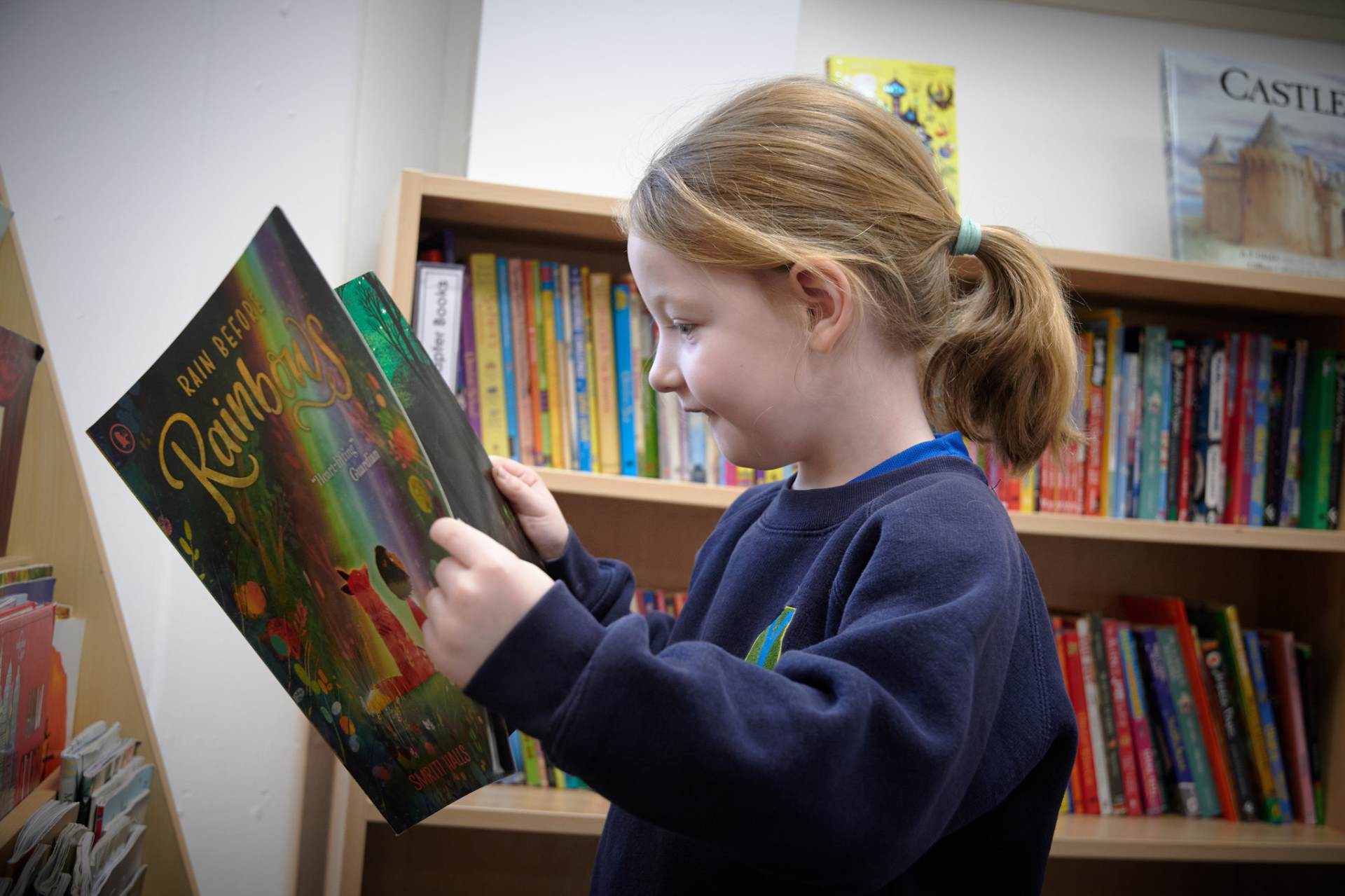
Teachers use a range of strategies to encourage engaging and probing discussion around the text, using a progressive questioning approach. Different groups of children are targeted throughout the week following ongoing teacher assessment. To develop and model our love of reading, all of our children are read to on a daily basis, through assemblies with Key Stage Leaders and at the end of the school day with class teachers. We have invested in our school library and it includes a wide range of texts which reflect our children’s interests and diverse community. We believe that children should be reflected in the texts they read.
Science
Science is an integral part of modern culture and essential for the future development of society. We recognise that science has the potential to stimulate and excite pupils’ curiosity as well as to stretch their imagination and creativity. We know from our children, that many of our families support the teaching of science concepts at home which range from robot kit building to growing plants in the garden or allotment.
Our aim is to build on the work of the Early Years’ framework of ‘understanding of the world’ and continue to encourage our children to enquire about the world around them whilst acquiring specific skills and knowledge to help them to think and work scientifically. Our curriculum gives children an understanding of scientific processes and provides the foundations for understanding the world through the specific disciplines of biology, chemistry and physics. Children are taught to think about the uses and implications of science today and for the future.
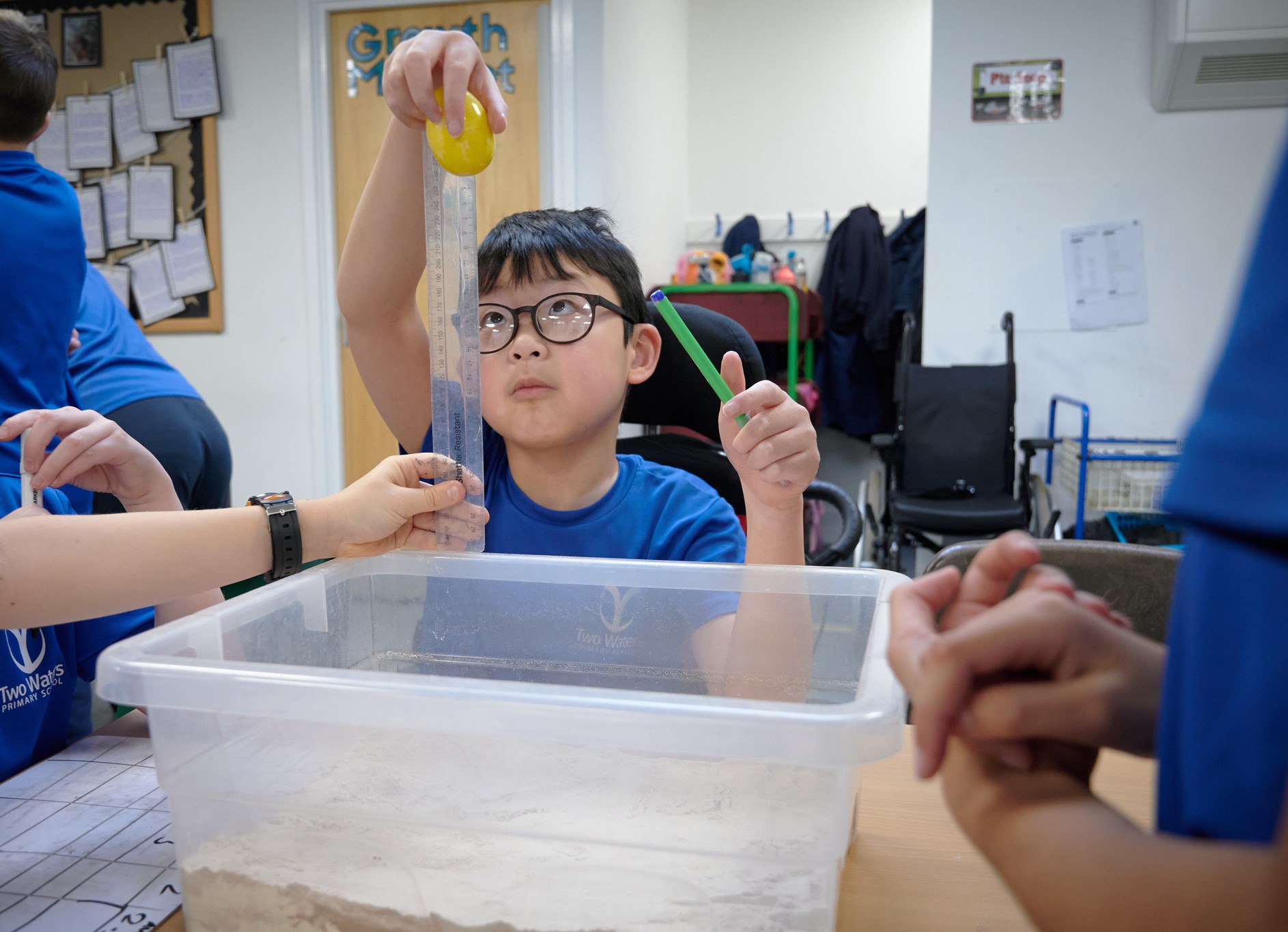
Science is taught weekly as a separate lesson and we ensure that the skills needed to work and think scientifically are developed progressively throughout our children’s journey through the school.
Computing
As an ongoing part of our computing curriculum, children revisit all aspects of online safety. They learn to:
- use technology safely, respectfully and responsibly, knowing when and why to keep personal information private
- identify where to go for help and support when they have concerns about content or contact on the internet or other online technologies
- recognise acceptable and unacceptable behaviour and learn how to be a good digital citizen and internet user
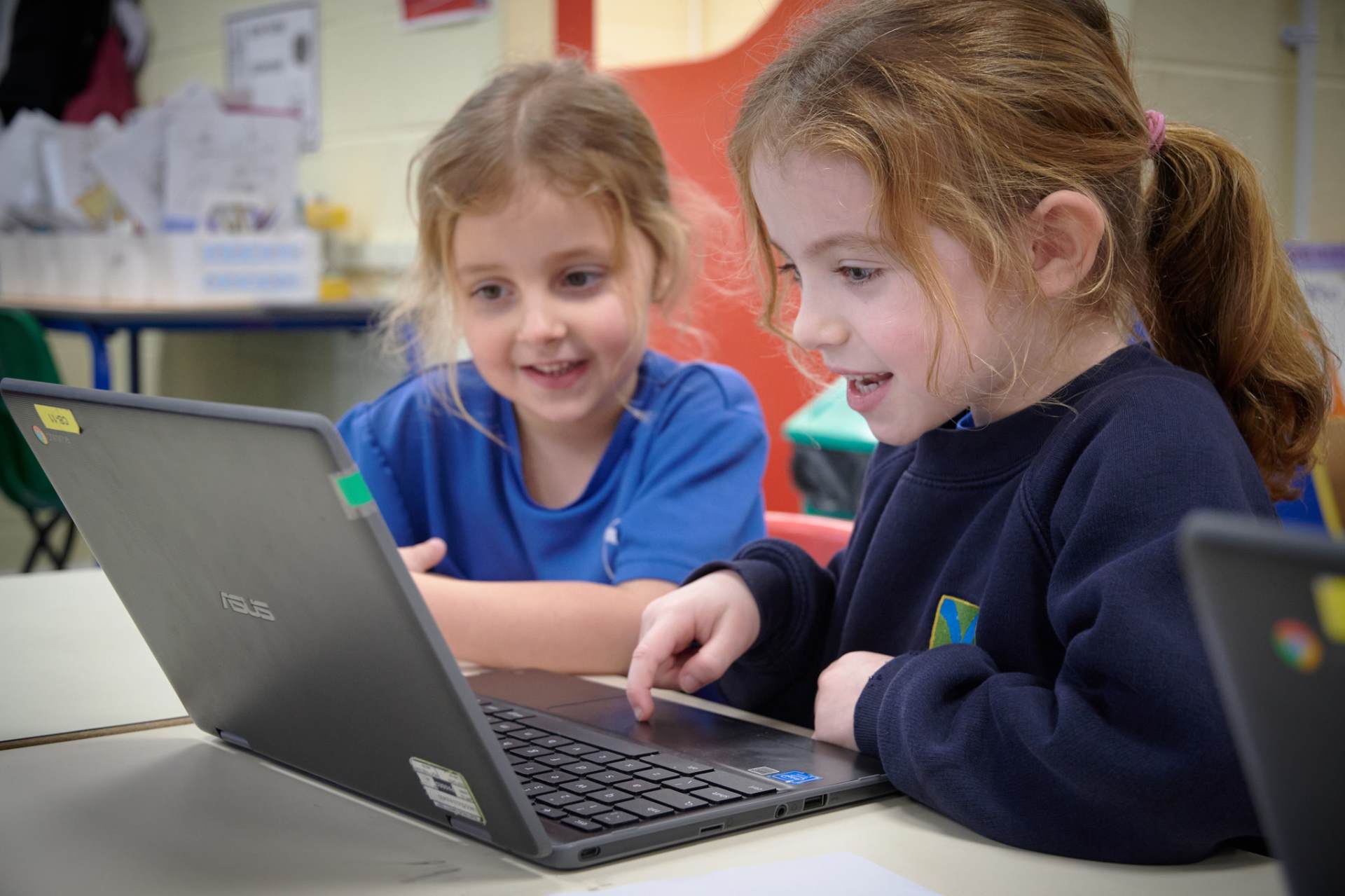
A high-quality computing education equips pupils to use skills vital for their future prospects. We use the Purple Mash scheme of work which builds on previous learning through a series of repeating, progressive modules:
- Coding and computational thinking
- Internet and email
- Databases and graphing
- Spreadsheets
- Communication and networks
- Writing and presenting
- Art and design
Children in every class use laptops to discover how Computing can help them in their learning. They gain transferrable skills needed to adapt to ever changing software in technologies in the real world. The central concept we endeavour to support is computational thinking where children are able to think logically and break down ideas into discrete steps, as recognised in the National Curriculum.






